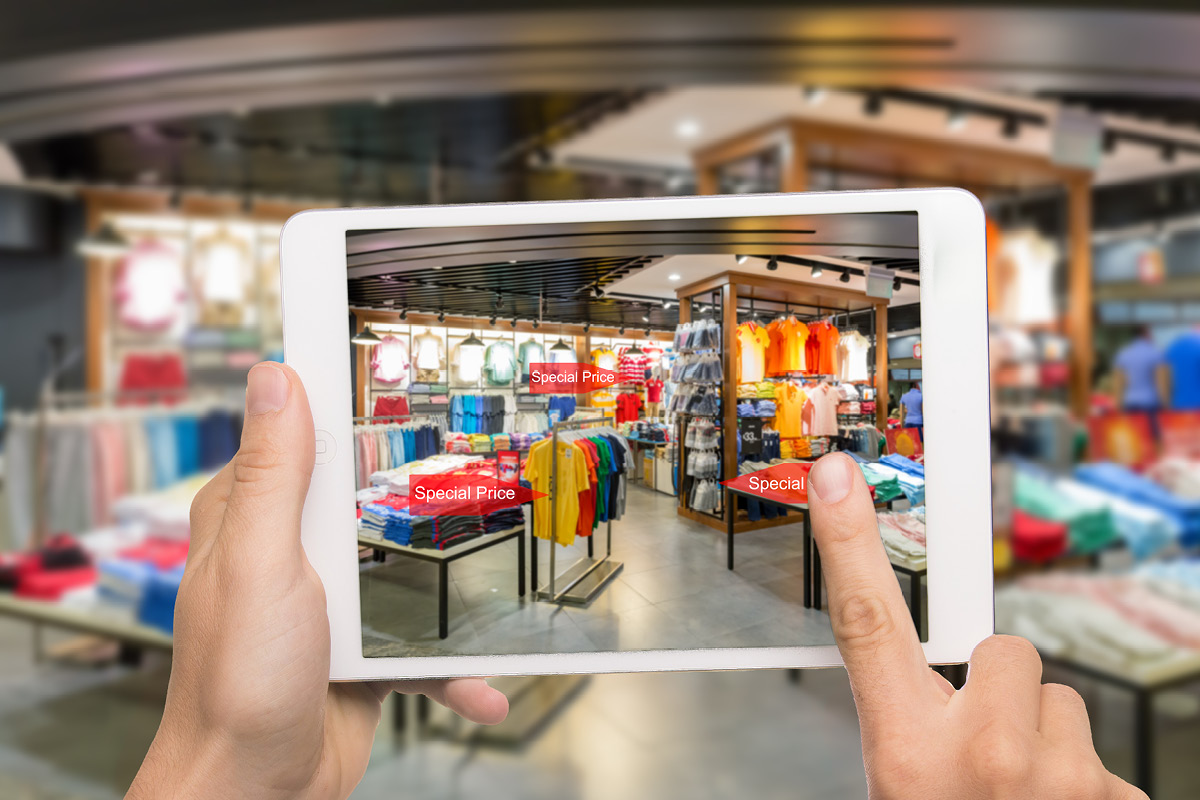‘Traditional businesses’ in the consumer goods industry could slowly be reaching the end of their shelf life. The digital age is rapidly changing the retail landscape, and many consumer goods companies are feeling the consequences of ignoring disruptive changes in the marketplace.
Nokia was long a consumer favourite in the mobile phone market but was eclipsed by new devices like the Apple iPhone and Samsung Galaxy smartphone that had greater appeal for consumers. Video rental chain Blockbuster remained defiant, running a brick-and-mortar business even as competitor Netflix gained market share through its innovative streaming service.
In this fast-changing digital age, consumer goods companies must seek new ways to be competitive and fuel profitable growth. They must tap into the digital world to create a holistic view of their consumer across their brands, categories and channels.
The time for change has been recognised by the industry, with 88% of consumer goods executives agreeing that they must innovate at a faster pace simply to keep up with their competitors. Businesses need to restructure their operating model to be more engaging, responsive, efficient and agile to seize the opportunities.
Recent research by Accenture shows there is still a long way to go, with only 15% of executives strongly agreeing that their company’s operating model can rapidly respond to changing market conditions.
Consumer goods companies need the right talent, operating model and capabilities to fuel success in the digital world.
These recommendations show the path forward:
Targeted engagement
Beyond offering products, companies must get closer to their target consumer, driving engagement in meaningful ways. They need to redirect investment in digital to gain agility, maximise data and capture consumer insights.
Findings from Accenture research show that 78% of consumer goods executives acknowledge the game-changing potential of artificial intelligence to disrupt how they will gain information and how they will interact with customers in the future.
An example of this is Australian supermarket Woolworths, which is investing a quarter of a billion dollars into its data endeavours to gain insights from its consumers’ online and in-store spending habits.
To succeed, consumer goods companies need to master the traditional levers of cost, choice and convenience, but also provide excellent customer experience.
Transition to a digital-savvy organisation
Consumer goods companies need digitally savvy talent to help build the capabilities needed to accommodate the changing workforce dynamics and create a more agile operating model.
With nearly half of executives (44%) citing company culture as the main barrier to advancing the company’s operating model, it is critical to create a leadership team who are aligned to the growth agenda and champion digitally enabled transformation.
Embrace ecosystem power plays
Another growth area is the adoption of platform-based business models and engagement in ecosystems with digital partners. Three-quarters (76%) of industry executives agree that their future competitive advantage will be determined not by their organisation, but by the strength of their digital partners and the ecosystems they operate in.
Supermarket Coles’ new partnership with online marketplace provider Airtasker offers a ‘Shop and Deliver’ service that allows customers to specify delivery times, customise shopping lists and substitute missing items in real time. By embracing the power of digital platforms, leading companies will be able to grow their businesses and pursue new go-to market strategies.
To prolong their shelf life, consumer goods companies must target consumers in a more engaging way, become digital-savvy organisations and operate more responsively to shifts in consumer demand.
Building digitally enabled operating models will help provide the agility needed to respond to fluctuating market conditions and ever-changing consumer demands. Technology and data are critical elements to meet the consumer demand for products and services along with a seamless and dependable buying experience.





